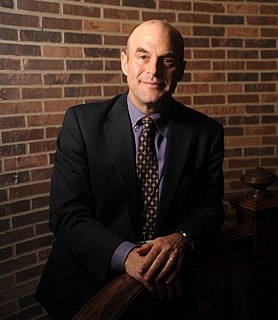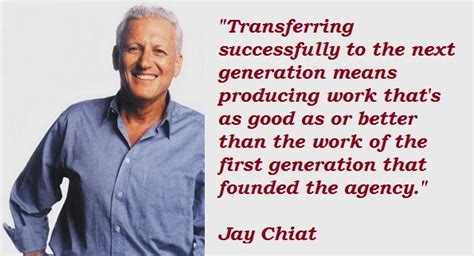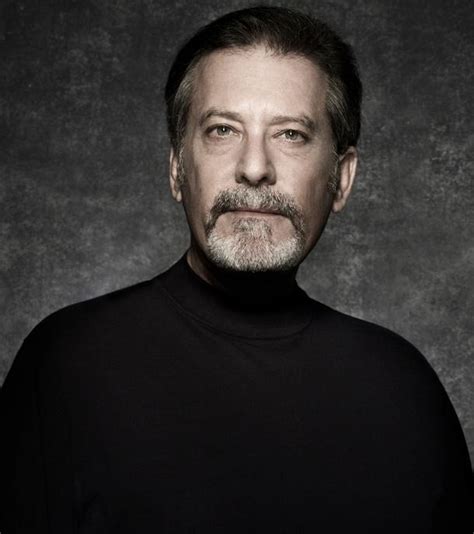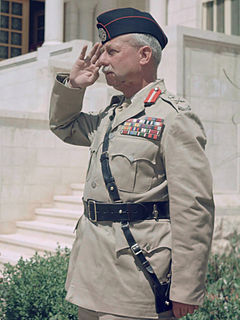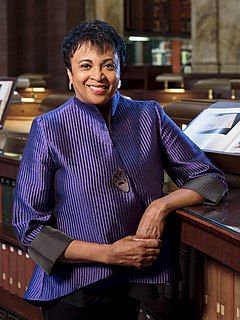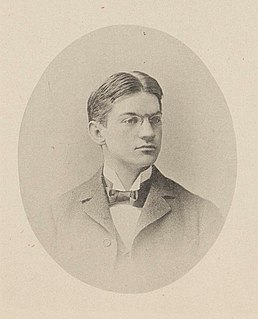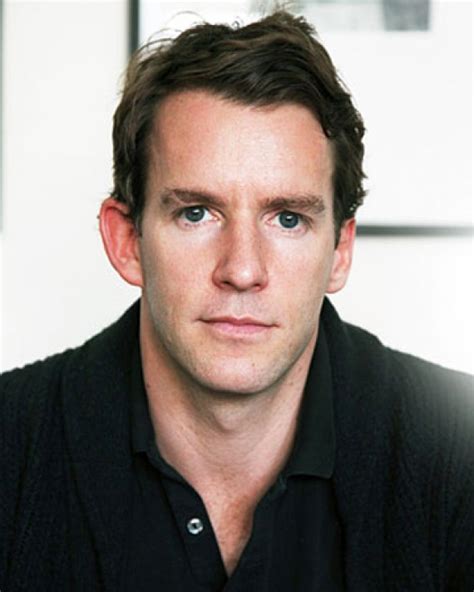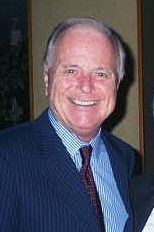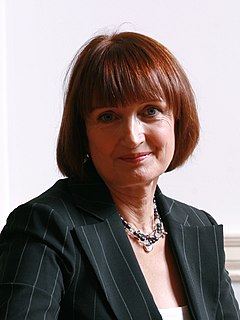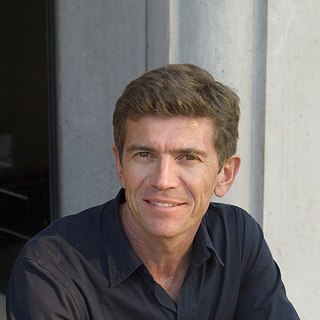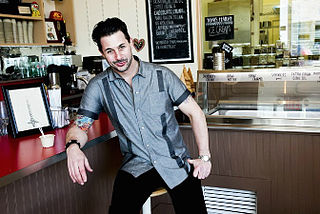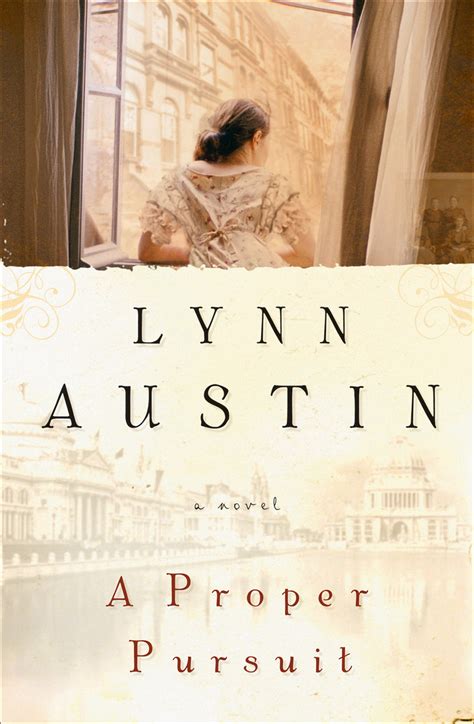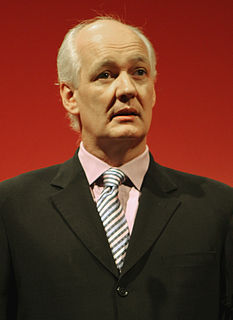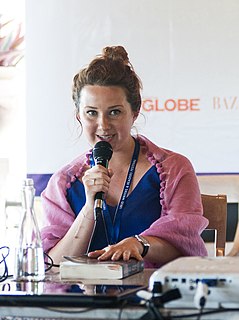Top 719 Libraries And Librarians Quotes & Sayings - Page 9
Explore popular Libraries And Librarians quotes.
Last updated on April 20, 2025.
Blessed is he who invented recording! But what a pity that he was not born centuries earlier! Think only of all that we would be able to hear and therefore understand better. Oh, the unending research in libraries and museums, the readings and collations of texts, the maddening desire to know the truth!
Teachers and librarians can be the most effective advocates for diversifying children's and young adult books. When I speak to publishers, they're going to expect me to say that I would love to see more books by Native American authors and African-American authors and Arab-American authors. But when a teacher or librarian says this to publishers, it can have a profound effect.
I know of a wild region whose librarians repudiate the vain superstitious custom of seeking any sense in books and compare it to looking for meaning in dreams or in the chaotic lines of one's hands . . . They admit that the inventors of writing imitated the twenty-five natural symbols, but they maintain that this application is accidental and that books in themselves mean nothing. This opinion - we shall see - is not altogether false.
I spent the first few years of my life in a smallish community in Queens. Back in those early days, kids could roam the streets with relatively little supervision and one place I visited frequently was the local library. This particular branch was little more than a storefront but to me it was an alternative universe where I could explore my interests and receive kind, informative answers to my questions from the wonderful librarians.
For years, we've been bludgeoned with the cliche "information is power." But information isn't power. After all, who's got the most information in your neighborhood? Librarians. And they're famous for having no power at all. And who has the most power in your community? Politicians. And they're notorious for being ill-informed.
We took over with 'Leverage' three warehouses, and now four with 'The Librarians,' and turned them into proper sound stages with sound doors and all the lights. We now have control of four real, proper-sized sound stages. The problem is they're dark and empty half of the year because there aren't enough productions coming into Oregon.
My parents, and librarians along the way, taught me about the space between words; about the margins, where so many juicy moments of life and spirit and friendship could be found. In a library, you could find miracles and truth and you might find something that would make you laugh so hard that you get shushed, in the friendliest way.
You can't argue with someone who believes, or just passionately suspects, that the poet's function is not to write what he must write but, rather, to write what he would write if his life depended on his taking responsibility for writing what he must in a style designed to shut out as few of his old librarians as humanly possible.
We tend to think of philosophies as produced by professional philosophers. Traditionally, this has meant people who have written dissertations on obscure subjects or who spend most of their day in libraries. But every human is, in an important sense, a carrier of an implicit philosophy - evident in their choices, pronouncements and commitments.
Librarians are serious people, seldomgiven to idle jocularity. The reason for this, I believe, is because we are overwhelmed by the enormous number of good books waiting to be read, leaving little time for frivolity. My personal list of must-read books presents a daunting challenge; I can't even imagine the pressure our head librarian must be under.
